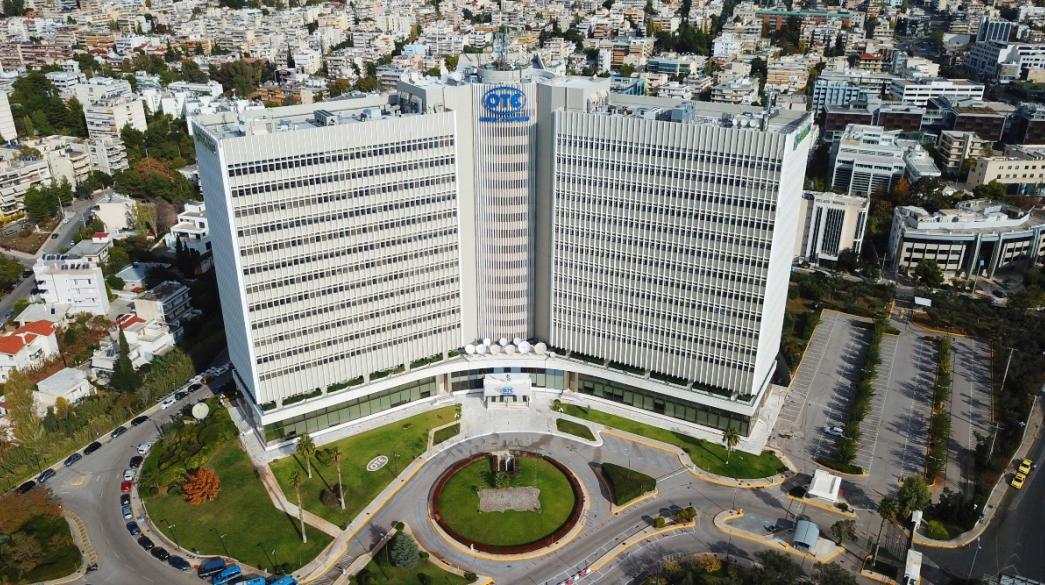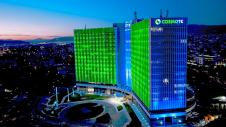Two years after pressure from Prime Minister Kyriakos Mitsotakis that led to a reduction in data costs in mobile telephony, a new government intervention has led to corresponding benefits for fixed telephony subscribers.
Statements from the Minister of Digital Government Kyriakos Pierrakakis on Greece’s 100th position globally in fixed telephony, while it being in 35th place on mobile, seem to have contributed to yesterday's moves by OTE, rubbing off on competitors. The latter, in any case, mainly use OTE's copper network to reach their customers.
After a teleconference between Mitsotakis and Tim Hetges, CEO of Deutsche Telekom, that controls OTE, it was announced that the organization would double the speed of broadband connections to fixed telephony at no additional cost, where of course this is possible.
At the same time, the head of Deutsche Telekom told Mitsotakis that OTE will increase its investment program for the development of fiber optic network to home (FTTH) to cover about three million households. This covers a significant part of the gap of two million lines that, according to the government, were not included until today in the investment plans of fiber optic providers.
The package offered by Deutsche Telekom includes, according to sources, support for investments connected to the fifth generation (5G) networks in mobile telephony. The relationship between quality and price in broadband, combined with the low real (and not nominal) speed, is now considered a serious issue for the country, at least as far as government statements and relevant strategic plans are concerned. The long delays in the development of fiber optic networks have prompted those responsible to speed up a number of initiatives.
This is the first UFBB (Ultra Fast Broadband) tender for the development of fiber optic networks in areas where providers do not intend to invest. A second tender for UFBB is now being prepared to cover additional areas as well as a special program to subsidize the fiber optic infrastructure to reach homes. The latter will be funded by the Recovery Fund.
PPC determined to enter telecommunications
The announcements for OTE’s important initiatives come at a time when the management of PPC is preparing to develop a nationwide fiber optic network using the HEDNO infrastructure. This is a plan that is not welcomed by some in the industry as it increases competition in the so-called "last mile". Today the "last mile" is completely controlled by OTE, which owns the copper network, connecting households and businesses with cabins located on the streets.
In an interview with Proto Thema on Sunday, PPC CEO Georgos Stassis stated that "nothing changes in the design" for the fiber optic network. "On the contrary, with the money that has flowed into the company due to the share capital increase, investments will proceed even faster. From the new year, the pilot program that we have designed will be implemented, which will start from Peristeri and we are ready to start the total investment that will reach 680 million euros. PPC will build a fiber optic network that every telecommunications service provider can use. We started discussions with banks a while ago and we have already received credit approval," he said.








